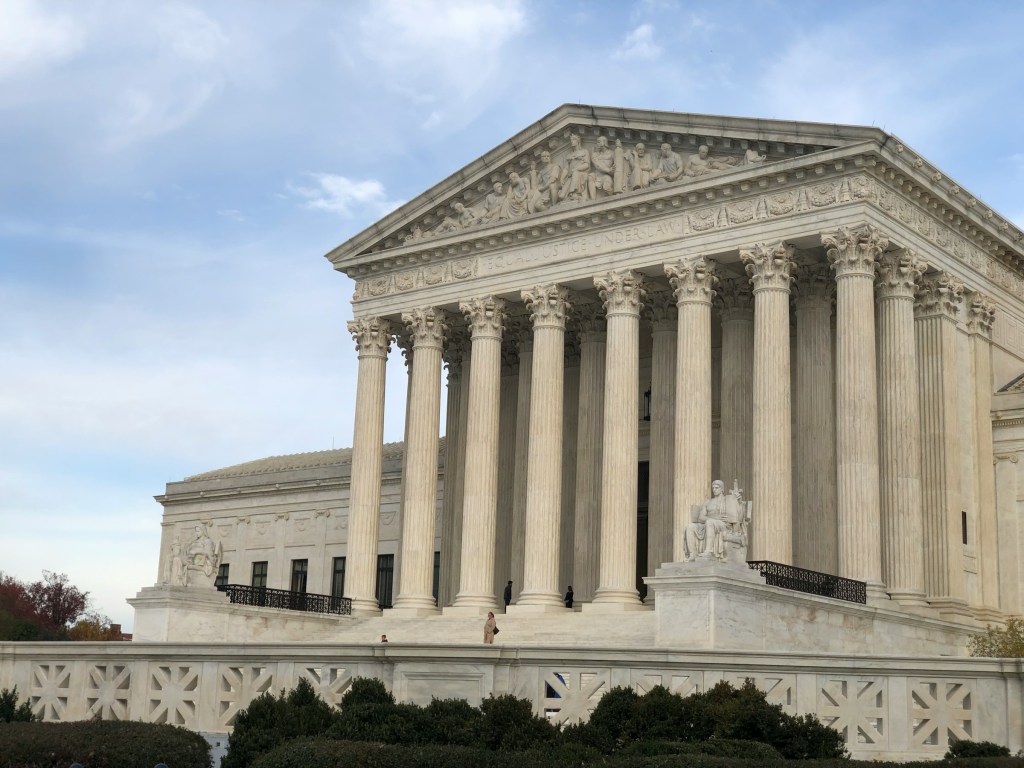“Supreme Advocacy”: supreme on style, a bit light on substance
How the tariffs could be refunded if the court sides against Trump
An off-ramp for the court’s next big gun case
SCOTUStoday for Friday, December 19
More news
Party presentation: A mysterious new rule?
ScotusCrim is a recurring series by Rory Little focusing on intersections between the Supreme Court and criminal law.
The first “opinion of the court” for the 2025-26 term was a summary disposition in a criminal case (an immediate grant of certiorari and reversal of the lower court decision without further briefing or oral argument). In Clark v. Sweeney, a short and little-noticed per curiam opinion with no identified author or dissents, the court reversed a grant of habeas corpus relief “because the Court of Appeals departed dramatically from the principle of party presentation.” While the court did not explain it, this apparently means a practice in which courts may rely only on arguments actually presented to them by the parties.
Continue ReadingWhich Supreme Court cases are actually important?
It’s the age-old question: Does the Supreme Court decide its cases based on rank partisanship rather than legal principles?
Many scholars and commentators unhesitatingly answer in the affirmative. Such individuals may acknowledge that the plurality of Supreme Court decisions are unanimous (42% last term) and that the vast majority of the court’s cases do not break down by the 6-3 conservative/liberal split (over 90% last term). But, in their view, the important cases are decided along partisan lines.
Continue ReadingWWWWD: What would Woodrow Wilson do?
AV Ristorante is a recurring series by Brian Fitzpatrick.
Please note that the views of outside contributors do not reflect the official opinions of SCOTUSblog or its staff.
As we all know – how could we have missed it! – the Supreme Court heard oral argument in Trump v. Slaughter just a week ago, on Monday, Dec. 8. That case involves the erstwhile commissioner of the Federal Trade Commission, Rebecca Slaughter, and tees up the question whether so-called “independent” federal agencies violate the constitutionally mandated separation of powers. The case would have been near and dear to the heart of my old boss, Justice Antonin Scalia, who vehemently thought these agencies should be subject to the president’s control.
Continue ReadingBush v. Gore in retrospect
Courtly Observations is a recurring series by Erwin Chemerinsky that focuses on what the Supreme Court’s decisions will mean for the law, for lawyers and lower courts, and for people’s lives.
Please note that the views of outside contributors do not reflect the official opinions of SCOTUSblog or its staff.
Updated on Dec. 18 at 10:27 p.m.
What, if any, is the lasting legacy of Bush v. Gore, which was decided 25 years ago, on Dec. 12, 2000? It is a case that has rarely been cited and seems to matter little in the law. Rather, the decision’s largest significance may be from the widespread perception that the justices were simply motivated by their own partisan preferences as to who should be the next president.
Continue ReadingCourt to hear case on racial discrimination in jury selection
The Supreme Court on Monday morning agreed to take up the case of a Mississippi man who contends that he was sentenced to death in violation of the Constitution’s ban on racial discrimination in jury selection. Pitchford v. Cain is the only case from the justices’ Dec. 12 conference in which they’ve granted review so far. The court did not act on several high-profile petitions that it considered last Friday, including challenges to state laws banning assault rifles and large-capacity magazines.
Continue Reading